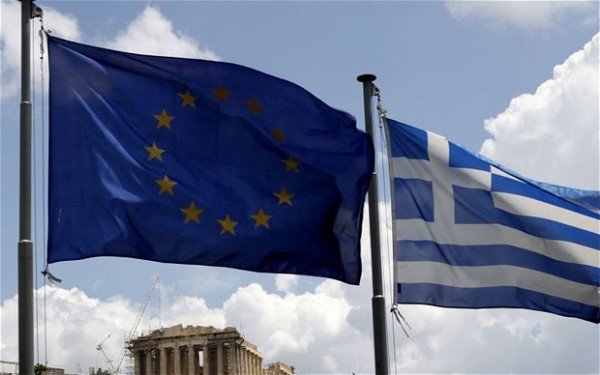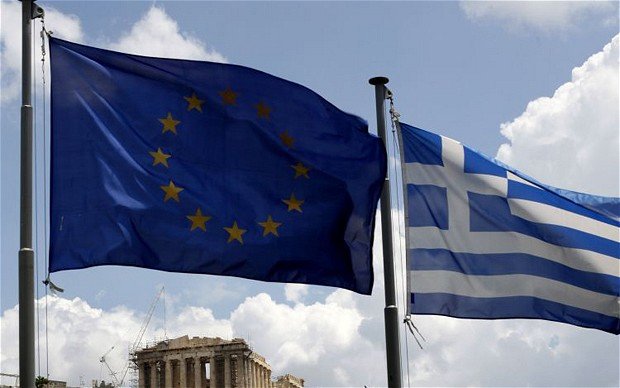Greece will keep repaying its debt as long as possible, government spokesman Gabriel Sakellaridis has said.
The government’s statement comes days after Interior Minister Nikos Voutsis warned Greece had run out of funds.
Gabriel Sakellaridis said Greece would maintain repayments to its EU-IMF creditors for as long as possible.
He also rejected the idea of possible capital controls that would restrict money transfers and access to savings.
Greece and its creditors must reach a deal within weeks to unlock bailout funds needed to honor debt repayments.
The leftist government was elected in January on a pledge to end austerity measures imposed as a condition of its €240 billion ($263 billion) bailout.
It has spent the past four months trying to reach a deal with creditors in the IMF, the European Union and the European Central Bank to release the final bailout tranche, worth €7.2 billion.
However, they have failed to agree over economic reforms being demanded by the creditors.
In a Greek TV interview over the weekend, Nikos Voutsis said the repayment money owed in June “will not be given and is not there to be given”.
However, Gabriel Sakellaridis said the government wanted to meet its obligations. He also said a deal would soon be reached in talks with creditors.
“That is the government’s intention and the target we have set,” he said.
“By the end of May, the start of June, to be able to have a mutually beneficial agreement.”
Gabriel Sakellaridis also dismissed the possibility of imposing capital controls if repayments were not met, as has recently been suggested by some experts and an opposition lawmakers.
Greece’s last cash injection from its international creditors was in August and the final installment of its bailout is now seen as vital.
First Greece has to meet the June 5 repayment deadline. If it fails to come to a deal with its partners, there is a fear it could default on its loans.
That could push the Greek government towards leaving the single currency, otherwise known as Grexit.
Greece has been shut out of bond markets, and has been struggling to meet debt obligations and to pay public sector wages and pensions.
https://www.youtube.com/watch?v=EhY9t2BKQ1I
